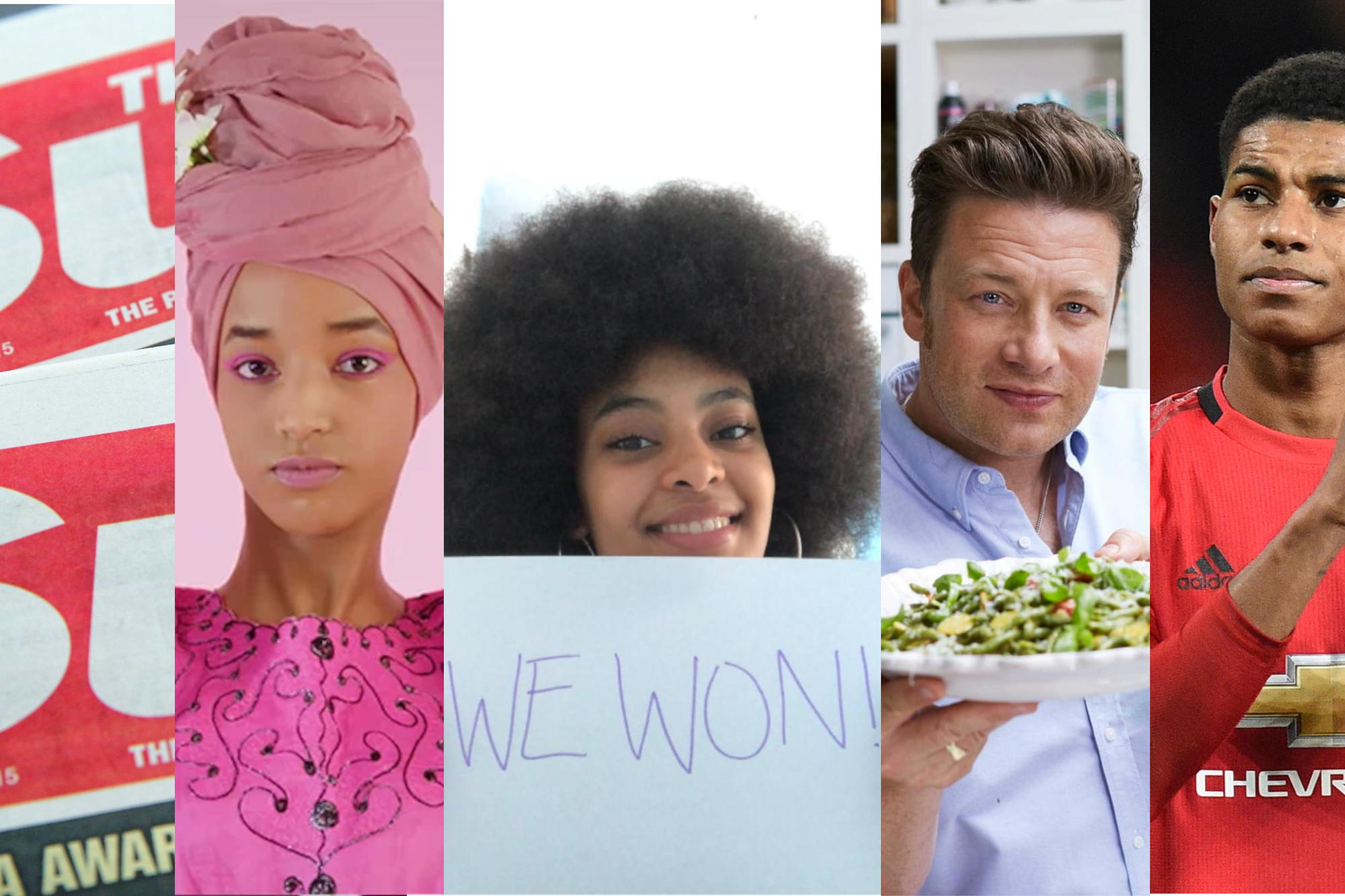
by Cath Elliston
1. Think more like The Sun.
The Sun are masters of soundbites. They’re superb at summing things up in the simplest possible way. And their talent for wordplay is also exceptional (personal favourite: ‘I’m only here for De Beers’ about a gang trying to steal diamonds). Campaigners need to make their messages stick, and talking more tabloid is a good place to start. The Bite Back 2030 youth board is seriously good at this. When we were working on a campaign to make the food industry more honest in how they label their products, they came up with #DontHideWhatsInside in about five seconds!
2. How do you make it engaging? Or even fun?
It’s an ongoing challenge of campaigning that we are seen as ‘shouty’ or ‘angry’ at one end and ‘worthy’ at the other. But the best campaigning isn’t any of these things. This video from the amazing young people at Integrate UK is a masterclass in how we make topics like Female Genital Mutilation resonate. It is always worth asking the question at the start of a campaign planning session: how do we make it positive, engaging, or fun?
3. The difference between ‘choice’ and ‘options’ matters.
The Frameworks Institute has been one of my favourite discoveries over the last five years. If you haven’t heard of them, this article which references the Love is Love campaign is a good introduction to their work. They examine how to change the public’s mind about social issues that matter, through the way that we ‘frame’ it (talk about it).
When we’re talking about health and food in public, they recommend that we switch from the word ‘choice’ to ‘options’. Let me tell you why. When we use the word ‘choice’ we trigger associations of blame (on the individual for their weight and ‘choices’). By using the word ‘options’ instead, we can focus on the environmental factors that influence weight beyond an individual’s control, like price, accessibility and time. If you’re on a budget and need to feed a family, and you’re walking down a street lined with takeaways all on promotional deals with a small deli selling more expensive vegetables is far away, and you work two jobs so only have a small amount of time to feed your family, what ‘choice’ are you really going to make? We need affordable, accessible healthier options for all children, no matter where they live.
4. It’s hard to argue with experience.
To kick off the energy drinks ‘#notforchildren’ campaign, we gave the wonderful teacher Louise Martin the platform to talk about how the issue affected her teaching on Jamie and Jimmy’s Friday Night Feast. She told us how she adjusts lesson plans depending on whether kids were on a sugar and caffeine high. Unsurprisingly, her firsthand experience of the issue really struck a chord with the public. We also see this working when Jamie talks so eloquently and passionately about being a parent, and wanting the best for his family.
5. We can focus on the big picture to put wins in context.
A final challenge is that perhaps because campaigners set their sights on such long-term goals, we can be perceived as ‘never happy’. The best campaigns give credit where it’s due and contextualise the small victories in light of the big one on the horizon. The Food Foundation did this really well recently by focusing on the Government’s intent as well as their actions (‘today’s announcement shows the government is serious about tackling children’s food poverty’). At the risk of sounding like my parents, we must remember to always say thank you. And on that note, I’d like to say a huge thank you to everyone I’ve worked with over the last five years at Future Advocacy. I’ve been so fortunate to learn from such a talented team doing good things for the world, and I wish them all every future success.